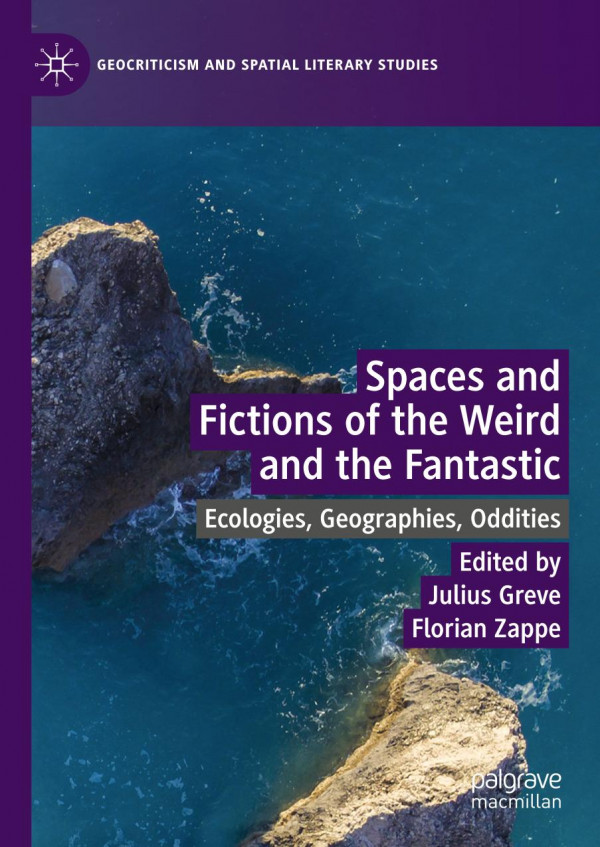

Most ebook files are in PDF format, so you can easily read them using various software such as Foxit Reader or directly on the Google Chrome browser.
Some ebook files are released by publishers in other formats such as .awz, .mobi, .epub, .fb2, etc. You may need to install specific software to read these formats on mobile/PC, such as Calibre.
Please read the tutorial at this link: https://ebookbell.com/faq
We offer FREE conversion to the popular formats you request; however, this may take some time. Therefore, right after payment, please email us, and we will try to provide the service as quickly as possible.
For some exceptional file formats or broken links (if any), please refrain from opening any disputes. Instead, email us first, and we will try to assist within a maximum of 6 hours.
EbookBell Team

5.0
58 reviewsThis collection of essays discusses genre fiction and film within the discursive framework of the environmental humanities and analyses the convergent themes of spatiality, climate change, and related anxieties concerning the future of human affairs, as crucial for any understanding of current forms of “weird” and “fantastic” literature and culture. Given their focus on the culturally marginal, unknown, and “other,” these genres figure as diagnostic modes of storytelling, outlining the latent anxieties and social dynamics that define a culture’s “structure of feeling” at a given historical moment. The contributions in this volume map the long and continuous tradition of weird and fantastic fiction as a seismograph for eco-geographical turmoil from the nineteenth to the twenty-first century, offering innovative and insightful ecocritical readings of H. P. Lovecraft, Harriet Prescott Spofford, China Miéville, N. K. Jemisin, Thomas Ligotti, and Jeff VanderMeer, among others.